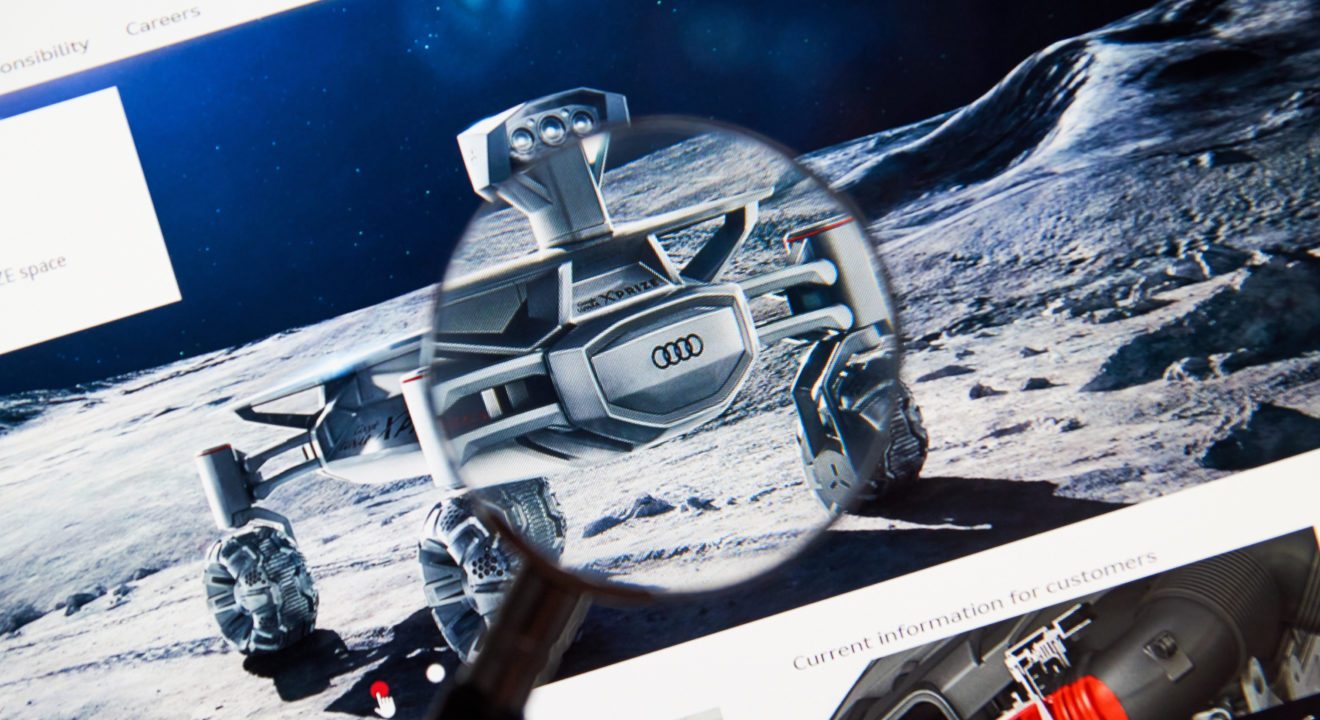Culture December 2, 2016


The XPRIZE, founded in 1995, is a nonprofit foundation sponsoring a series of broad-scale, public competitions with the aim of expanding humanity’s boundaries. It creates grand challenges asking contestants to fix the world’s age-old problems in five areas: energy and environment, exploration, global development, learning and life sciences.
With concept examples that include creating a security device for in-distress women that quickly sends help to their locations and reviving a 10,000 year old extinct species for at least six months, XPRIZE is quickly accomplishing its mission of “making the impossible possible.”
The XPRIZE, initially beginning with the Ansari XPRIZE, was inspired by the Orteig Prize of 1927. In this challenge, Orteig offered winnings of $25,000 to the contestant who could accomplish a nonstop flight between New York and Paris, which Charles Lindbergh won. In 1996, the Ansari XPRIZE offered a $10 million prize to the team who could build and fly a three-passenger vehicle 100 kilometers into space in a two-week period. This effectively created the world’s first private race to space.
READ MORE: How Close Are We to Colonizing Mars? Not So out of This World
Since the Ansari XPRIZE was won by Mojave Aerospace Ventures, as told by Peter Diamandis, Chairman and CEO of the XPRIZE Foundation, “over a billion dollars has been invested in this personal space flight industry. That’s the power of an XPRIZE.”
Since the Ansari XPRIZE, the organization has continued to push the boundaries of possibility in numerous arenas. In the most recent grand challenge, contestants competed in the Wendy Smith Ocean Health XPRIZE. In this $2 million competition, competitors strove to create a pH sensor that could accurately – and affordably – measure ocean chemistry.
The Wendy Smith Ocean Health XPRIZE was created in reaction to the dramatic human-caused changes to our ocean’s chemistry. Thirty percent of our carbon dioxide emissions end up in the ocean at a rate of 23.5 billion metric tons per year. The ocean has not been this acidic since 50 million years ago – and that ancient pH change took place over millennia, not decades. Currently, the ocean is so acidic that, ironically, during the Ocean Health XPRIZE competition, some of the trial sensors made by competitors corroded in the water.
Presently, contestants are racing to win the Global Learning XPRIZE. This competition, created in partnership with UNESCO, was created in response to the growing number of uneducated children in the world (250 million) and the increasingly insufficient supply of teachers to instruct them. By 2015, UNESCO estimated that the world would be in a 1.6 million teacher deficit. This number is estimated to double by 2030.
READ MORE: Lost Girls: The War for Girl Soldiers Both Inside and Outside the Bush
To combat this problem and give children the opportunity to determine their futures and transform their communities, contestants strive to create an accessible and affordable software for children in developing countries to teach themselves basic reading, writing and arithmetic in 18 months.
Needless to say, the stakes of an XPRIZE competition are very high. Sometimes, no one wins the competition. In the Archon Genomics competition (2006-2013), a race to rapidly and accurately sequence 100 human genomes at a groundbreaking standard, there was no winner in a phenomena CEO Diamandis coined being “outpaced by innovation.”
Nevertheless, the competition was not for naught. “At XPRIZE, failure is not a bad thing; it is part of the process,” Diamandis writes in his Huffington Post 2013 article. “We believe that the competition helped generate significant visibility for the need for rapid, low-cost medical grade genomes,” he says. “Furthermore, we are proud of the important assets we created along the way that will establish a legacy befitting the competition and the generous support of our sponsors.”
Taking its shortcomings in stride and finding each educational opportunity in failure, XPRIZE continues to trek on in its quest, personifying the age-old adage, “What would you dare do if nothing was impossible?” With valiant ventures to end hunger, colonize Mars, halt the usage of fossil fuels and cure cancer, XPRIZE makes its answer crystal clear: It would do everything.
READ MORE: The Unique Concerns of Women on the Streets